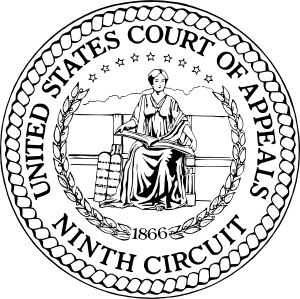“Sayta subsequently brought a motion to enforce the settlement pursuant to section 664.6, alleging breach of a confidentiality provision and seeking liquidated damages. The trial court denied the motion on the merits and Sayta appeals Because the parties failed to request, before dismissal, that the trial court retain jurisdiction to enforce the settlement, or alternatively seek to set aside the dismissals, we find the court lacked jurisdiction to entertain the motion. We therefore reverse on that basis and do not reach the merits.”
Sayta v. Chu represents the importance of understanding civil procedure in crafting effective and enforceable settlement agreements.
Very few cases actually go to trial. Through all the posturing, law and motion, discovery and settlement discussions, attorneys are generally able to anticipate likely outcomes to obtain “good enough” results, without their clients paying for an answer to the question “who was right?”. (Or, put another way, settlement allows the parties to determine the outcome, while trial gives control over the outcome to the judge and jury.)
A “settlement agreement” is essentially a contract and is generally interpreted and enforced like a contract. This could create a problem of regression: settling a claim (like one for “breach of contract”) results in a “settlement contract”. The settlement contract could also be breached and enforced with a lawsuit, which can be settled with a settlement contract, which can be breached, etc., etc. Lawsuits could never be settled because the claim would only be deferred to the next lawsuit.
Continue reading “Sayta v. Chu (2017) – Parties Must Obtain Court Order To Retain Jurisdiction To Enforce After Dismissal”








